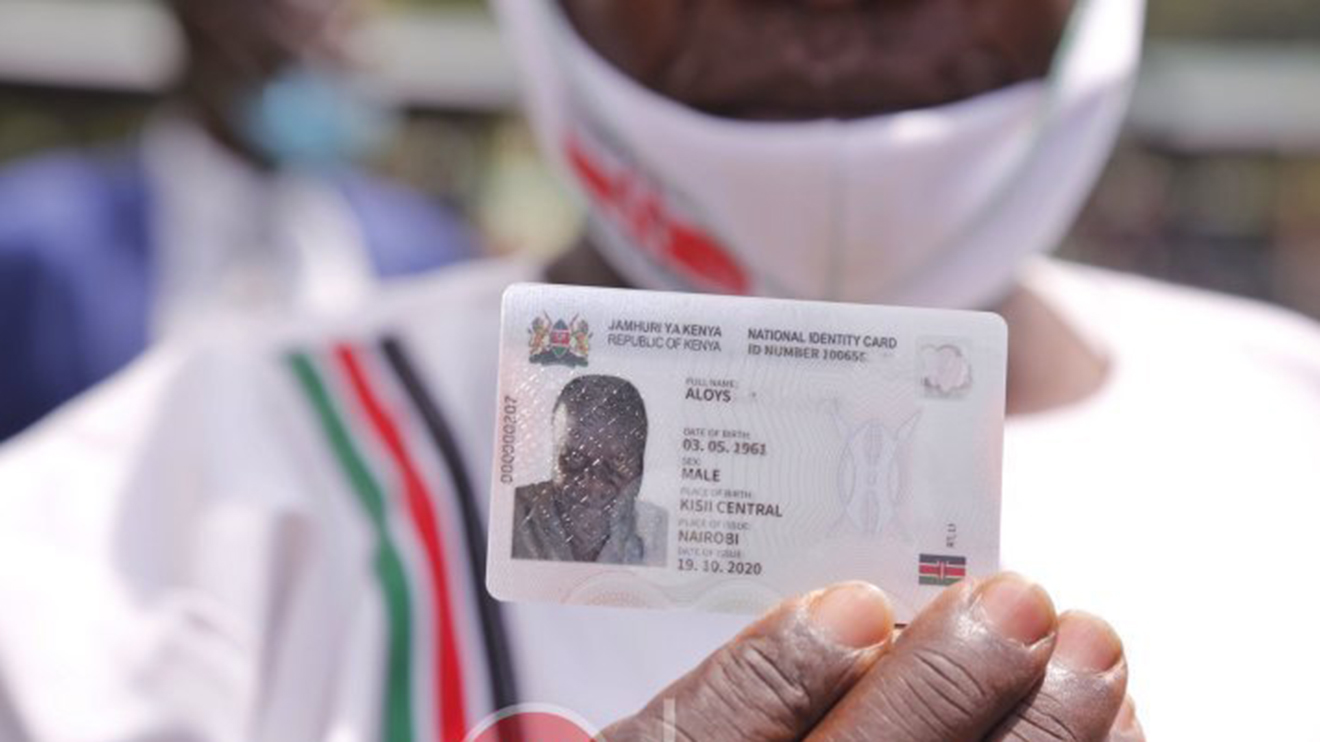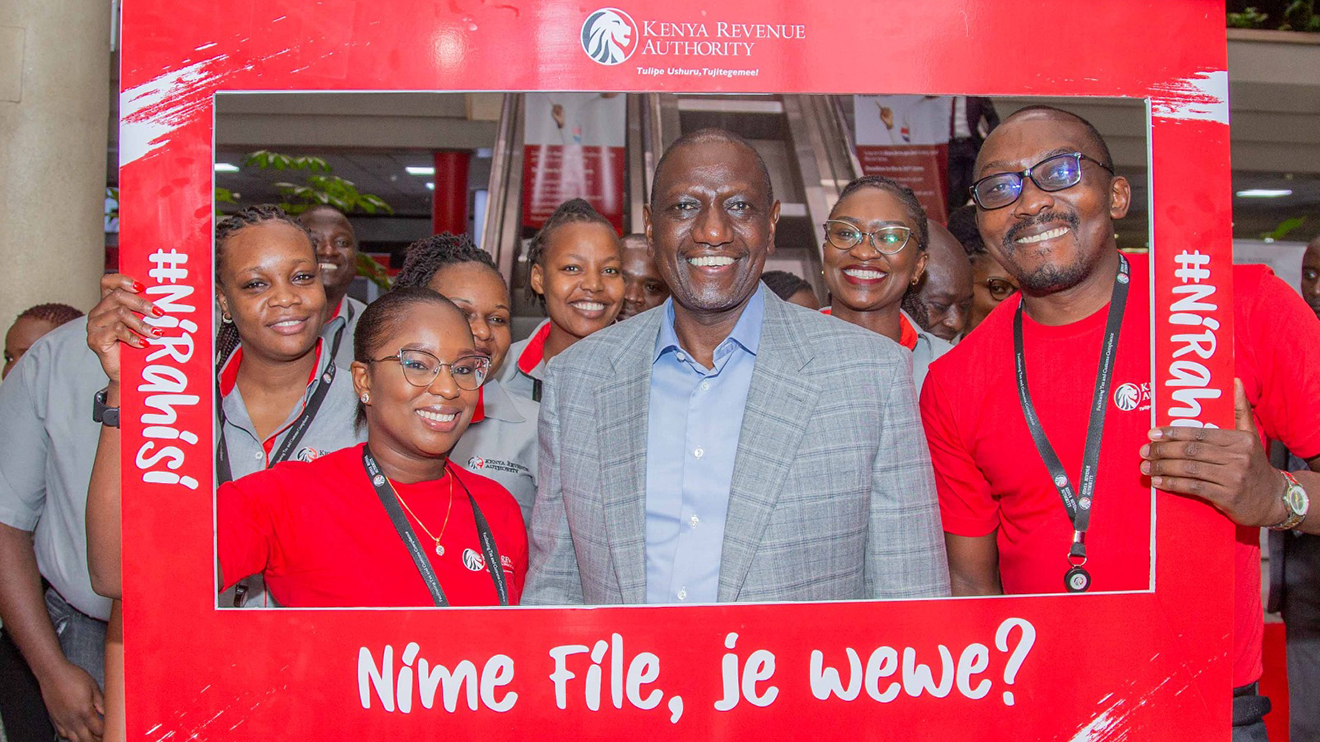In a decisive legal intervention, the Milimani High Court has placed a significant legal roadblock in the path of the Maisha Namba initiative, temporarily halting its implementation.
This suspension, issued through conservatory orders, comes as a response to ongoing petitions and will remain in effect until a thorough judicial review is conducted in October.
The court’s intervention follows a high-stakes legal challenge launched by the Haki na Sheria Initiative against key government figures, including the national government, the Attorney General, the Interior Cabinet Secretary, and the Principal Registrars of Births, Deaths, and Persons.
The petitioners, represented by lawyer Summayah Mokku, assert that the Maisha Namba project infringes on constitutional rights.
Court documents reveal, “The Respondents have also contravened or threaten to contravene other provisions of the Constitution including Articles 10, 73, 94, 129 and 232 on transparency, right to public participation, right to access information among others.”
Read More
This legal battle hinges on concerns over data privacy and potential exclusion.
Mokku's arguments underscore the risks of widespread personal data breaches and the possible marginalisation of specific population groups.
The court papers warn of "potential irreversible risk of breach of mass personal data and permanent exclusion of select groups of the population in contravention of Article 31 and 27 of the Constitution respectively," adding that the respondents’ actions might render the judicial review process ineffective.
Judge Lawrence Mugambi, presiding over the case, has voiced serious reservations about the Maisha Namba's data handling procedures.
He noted the great risk of prejudice" to public privacy due to the current lack of clear data protection measures.
The Judge further emphasised that, if the initiative is later found unconstitutional stating, "there is no amount of compensation or measures that can redress data breach.”
The ruling also casts a critical eye on the broader implications of the Maisha Ecosystem, suggesting it could deepen existing citizenship exclusions in Kenya.
The Judge has issued specific directives, halting all related activities, including the collection, processing, and storage of personal data.
"Pending the inter-parties hearing and determination of this Application, the Honourable Court be pleased to issue a conservatory order ex parte staying and/or halting the further and continued implementation of the Unique Personal Identifier (Maisha Namba), 3rd Generation National Identification Card (Maisha Card), Maisha Digital ID and Maisha Database," Justice Mugambi decreed.
Additionally, a restraining order has been put in place, preventing the respondents and their agents from continuing with the data collection process.
"That the Honourable Court be pleased to issue a conservatory order restraining the Respondents whether by themselves, or any of their employees or agents or any person claiming to act under their authority from collecting, processing or storing data of Kenyans and foreign nationals in Kenya in purport of issuance of a Unique Personal Identifier (Maisha Namba)," the court's directive reads.
As the court prepares for further proceedings on September 17, the respondents have been given a week to respond to this latest ruling.
This development marks a critical juncture in the ongoing debate over the Maisha Namba initiative, with significant implications for data privacy and constitutional rights in Kenya.







-1751376032.jpg)
-1751369458.jpg)


